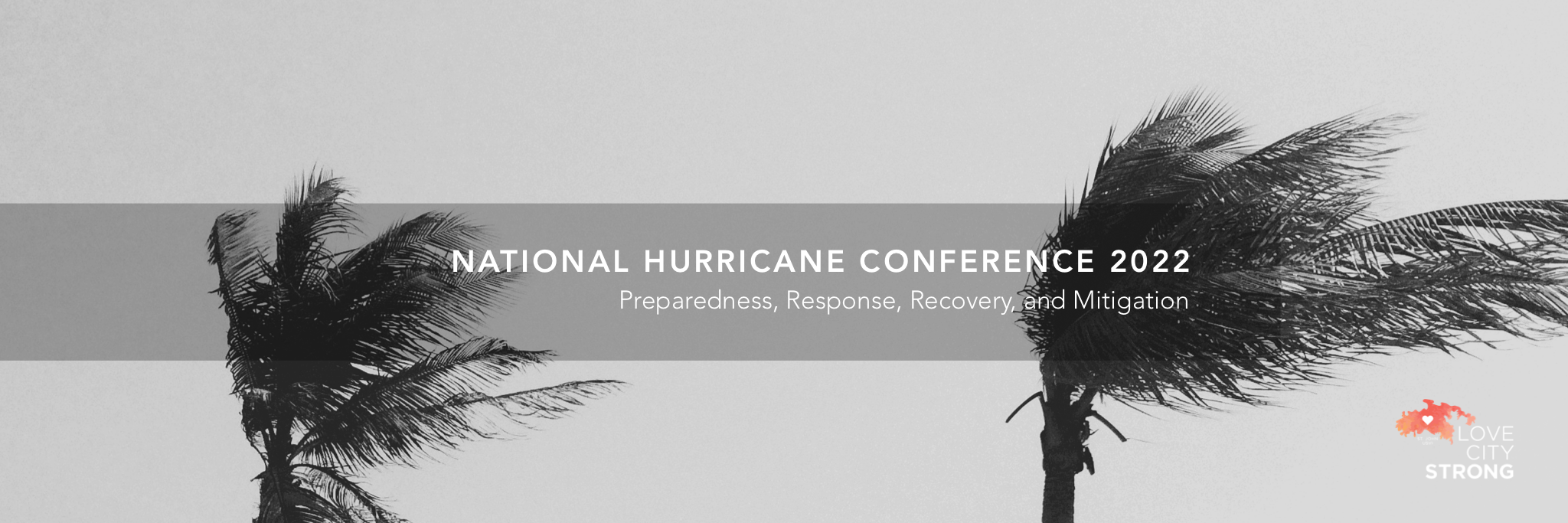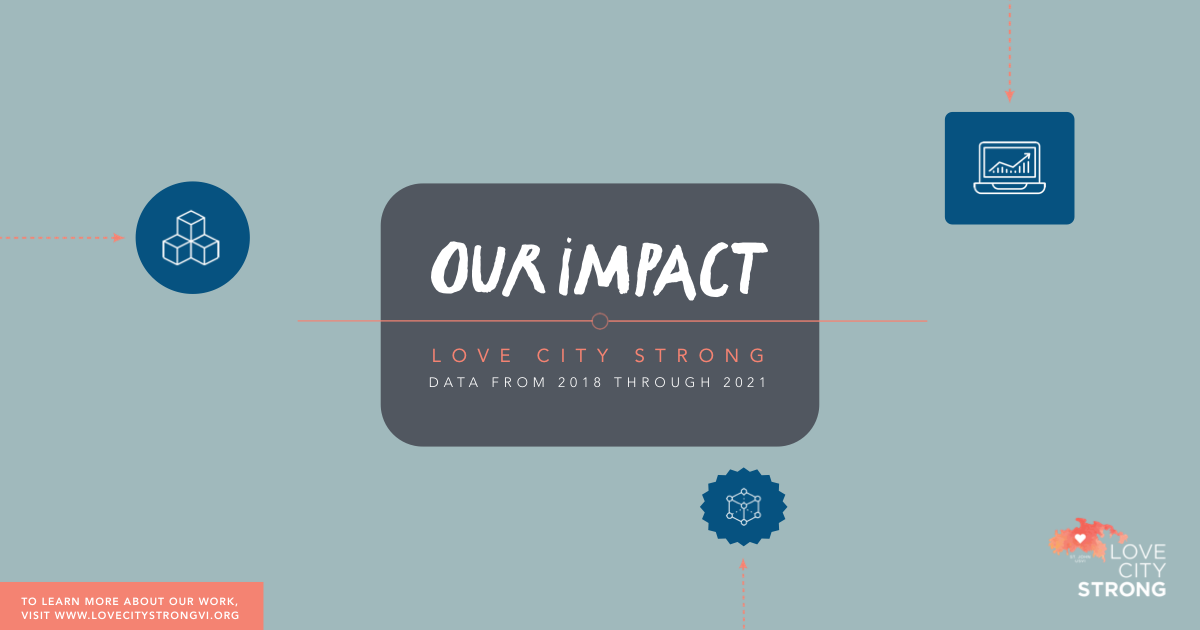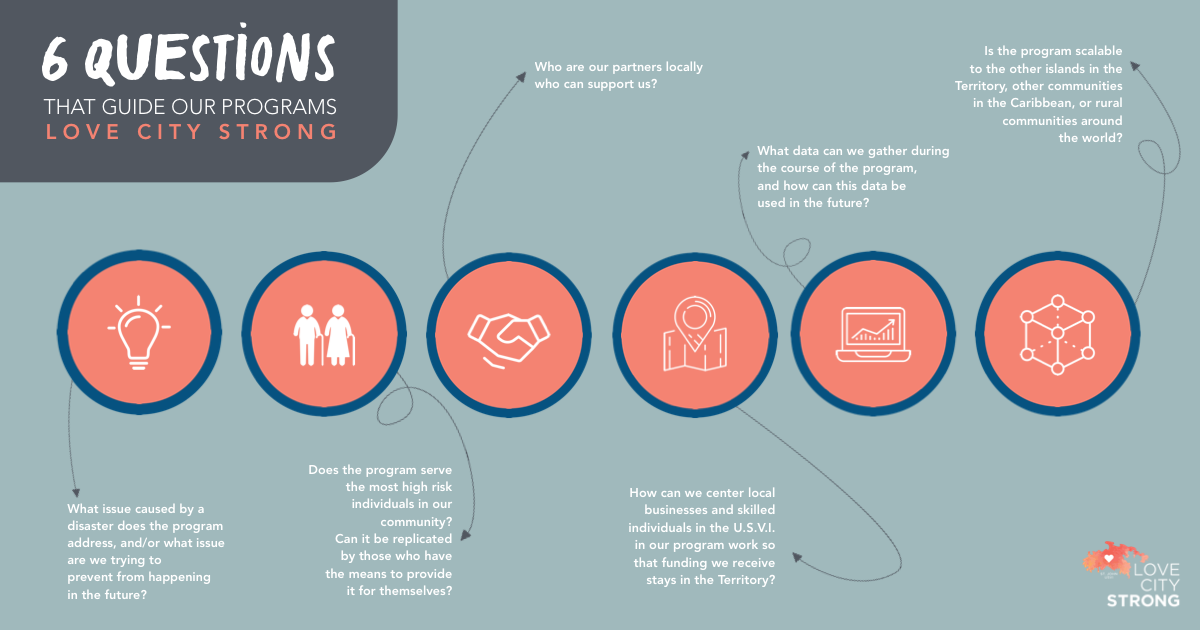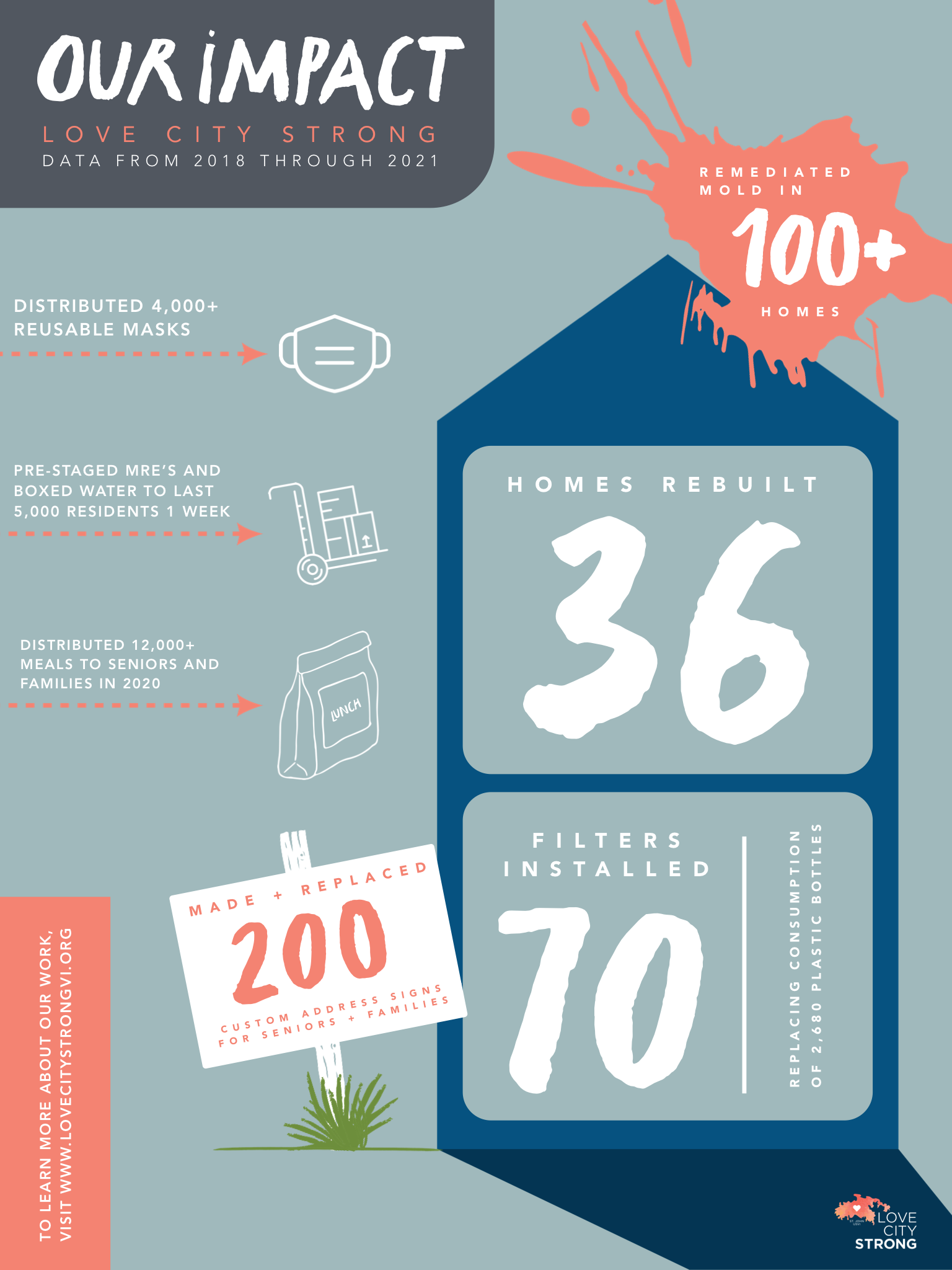
This week, I am pleased to be attending the 2022 National Hurricane Conference in Orlando. This annual event is focused on hurricane preparedness, response, recovery, and mitigation. Panels are focused on a variety of sectors, including technological developments, communications, forecasting, federal mitigation programs, public-private partnerships, and more.
One particularly exciting development this year is the presence of the Territory’s emergency management agency, VITEMA, on several panels. On Monday, Assistant Director Barbara Petersen, Deputy Director for Planning and Preparedness Regina Browne, Deputy Director of Operations Bruce Kelly, and Public Information Officer Erik Ackerson led a panel on local emergency response to the Covid-19 pandemic. Their presentation highlighted some of the challenges the Territory faced, as well as the many successes of VITEMA and the VI Department of Health over the last two years.
On Tuesday, Assistant Director Petersen and Deputy Director Browne hosted a panel focused on the Territory’s Hazard Mitigation & Resilience Plan. They were joined by Dr Greg Guannel, Director of the Green Caribbean Center at the University of the Virgin Islands. The robust discussion addressed climate change, infrastructure, and the need for systemic solutions to complex problems in the Territory.
Wednesday afternoon is dedicated to the NHC General Session. This event will include an appearance by FEMA Administrator Deanna Criswell as well as an Equity in Disasters panel. The Territory’s own Regina Browne is a panelist for the Equity in Disasters session. Along with her, a diverse group of representatives from emergency management organizations and nonprofits will discuss the importance of planning to ensure equity in disaster response.
While the VITEMA panels have certainly been relevant to our work at LCS, other opportunities abound. The NHC provides an invaluable chance to network with emergency managers, federal responders, vendors and subject matter experts from across the country. While each disaster is unique, there’s a great deal we can learn from the experiences of other communities, and we hope that our experiences are valuable to them as well. I am thrilled to be back at the National Hurricane Conference this year, and am already looking forward to next year’s meeting in New Orleans.

In the last 4 years we’ve accomplished so much thanks to the support of our Board, the generosity of our donors, and the partnerships that we’ve built. Your kindness and trust has made our impact possible.
As we enter our fifth year, we wanted to take a moment to summarize our work thus far and share how we create our different programs.
From 2018 to now, Love City Strong has:
- Rebuilt 36 homes.
- Installed 70 water filtration systems, serving 223 people. As a result, we replaced the consumption of 2,680 plastic water bottles per month.
- Remediated mold in over 100 homes.
- Made or replaced 200 address signs for seniors and families.
- Pre-staged MREs and boxed water across the island to last 5,000 people for one week after a disaster.
- Delivered sandbags to an average of 75 seniors per year.
- Trained more than 50 people across multiple first responder programs, like CERT and Stop the Bleed.
- Delivered 12,000 meals directly to seniors and families during the first COVID-19 lockdown.
- Distributed over 4,000 reusable masks throughout the community.
- Supported mass-vaccination efforts on St. John for 8 weeks, helping hundreds of residents and visitors to get their shots.

When our team gets together to brainstorm a new program, we start by asking ourselves the following 6 questions:
- What issue caused by a disaster does the program address, and/or what issue are we trying to prevent from happening in the future?
- Does the program serve the most high risk individuals in our community, and can it be replicated by those who have the means to provide it for themselves?
- Who are our partners locally that can support us?
- How can we center local businesses and skilled individuals in the U.S.V.I. in our program work so that funding we receive stays in the territory?
- What data can we gather during the course of the program, and how can this data be used in the future?
- Is the program scalable to the other islands in the territory, other communities in the Caribbean, or rural communities globally?
- We are addressing the massive loss in permanent low and middle income housing suffered as a result of Hurricanes Irma and Maria. Moreover, we want to rebuild homes so that they’re more storm resilient in the future.
- The program serves seniors, families with children and infants, and individuals with a disability or a chronic health condition. All of our clients are typically underserved by existing hurricane recovery/rebuild programs.
- We identified the St. John Community Foundation to help us with case management and All Hands and Hearts (who were on an extended mission in the USVI at the time) to help with on-site labor via their volunteers.
- We hired St. John-based construction companies and licensed contractors to perform all rebuild work, purchased our supplementary tools and equipment from businesses on St. John and St. Thomas when possible, and ordered building materials either from local suppliers or from Puerto Rico.
- We keep track of all of our expenses for each site to help federal partners like FEMA. This facilitates a better understanding of the true cost of housing rebuild on St. John; factoring in volunteer labor, shipping, and more.
- With local case management who live in and are a part of the community that they serve; strong partnerships with local contractors and suppliers; and access to both private and government funding, this program can be replicated in communities similar to St. John.

